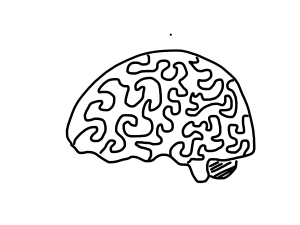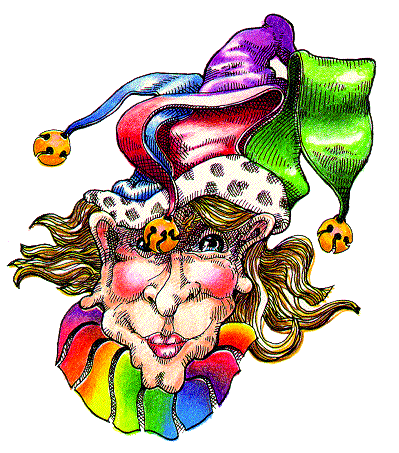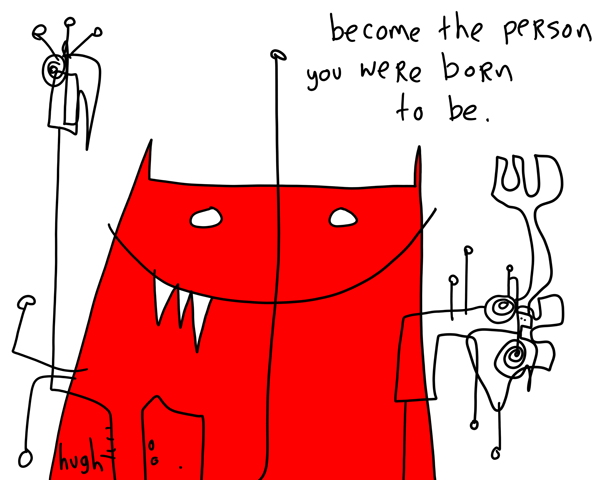You know I’m a big fan of Hugh MacLeod:
I started doing my “Cartoons drawn on the back of business cards” in December, 1997, it took me a few months to really get into it…
At first, I thought I should just do a few dozen of them for kicks and giggles, then move on to something else.
That I’d still be doing them 15 years later, didn’t even cross my tiny little mind. But then it took on a life of its own. Its meaning, purpose and scope snowballed slowly over time.
August last year I decided to Try something new for 30 days. I picked doodling. That was six months ago today. Like Hugh it didn’t even cross my tiny little mind that I’d keep it up this long and now have 182 dreadfuldailydoodles.
Amazing the body of work that accumulates over time. And how a quick glance at each doodle brings back a thought.
The project morphed into a kind of visual diary and I:
- Made some people laugh
- Became (a little bit) better at drawing
- Inspired someone to use more images in their presentations
- Encouraged others to take up a new daily habit
- Learned a bit about visual cues – what matters and what doesn’t
- Became better at noticing shape and form
It’s a long way to the “10,000 hours” required for mastery but I reckon I’ve formed a habit that will stick. We’ll see. Thanks Hugh.




